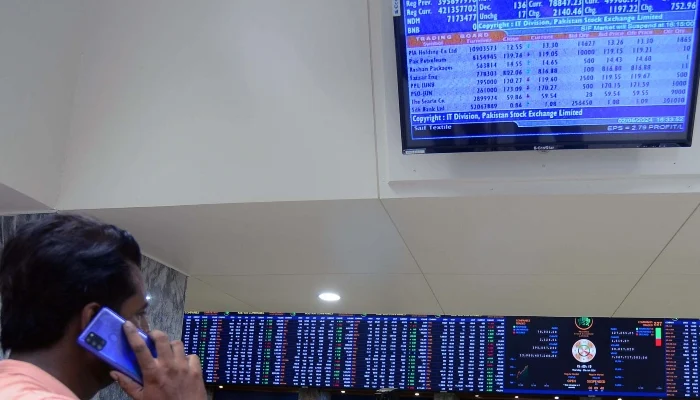ISLAMABAD: Pakistan’s Federal Board of Revenue (FBR) has surpassed the tax-to-GDP ratio target set by the International Monetary Fund (IMF) for December 2024, achieving a milestone in its fiscal efforts. By the end of the first half of the fiscal year 2024-25, the tax-to-GDP ratio reached 10.8%, exceeding the agreed target of 10.6% for the entire fiscal year.
Key Achievements in Tax Collection
From July to December 2024, the FBR collected a total of Rs5,624 billion, marking a significant improvement over previous years. Despite falling slightly short of the December monthly target of Rs1,373 billion, with collections amounting to Rs1,328.1 billion (96.7% of the target), the overall performance reflects steady progress.
Tax Breakdown for December 2024:
- Income Tax: Rs791.3 billion
- Sales Tax: Rs414.6 billion
- Federal Excise Duty: Rs69 billion
- Customs Duty: Rs122.8 billion
- Net Collection (After Refunds): Rs1,328.1 billion
Context and Historical Comparison
In the fiscal year 2023-24, Pakistan’s tax-to-GDP ratio stood at 9.7%. Historically, this ratio has fluctuated between 8% and 9.5%. To meet the conditions of the $7 billion Extended Fund Facility (EFF) agreement with the IMF, Pakistan committed to raising the ratio to 10.6% by June 2025.
This achievement in the first half of FY2024-25 reflects a concerted effort to strengthen revenue generation amid challenging economic conditions.
Economic Growth Impact
The tax-to-GDP ratio benefited from an improving economic landscape:
- First Quarter (July-September): GDP growth was estimated at 0.92%, with the tax-to-GDP ratio at 9.5%.
- Second Quarter (October-December): GDP growth is projected at 2.57%, helping push the tax-to-GDP ratio to 10.8%.
Future Projections
Under the FBR’s Transformation Plan, the tax-to-GDP ratio is expected to rise to 13.5% over the medium term. This plan aligns with the IMF’s focus on consistently increasing the ratio to improve fiscal stability and revenue mobilization.
Challenges and Way Forward
While the FBR’s performance has been commendable, challenges remain, including meeting ambitious monthly targets and addressing structural inefficiencies in tax administration. Continued efforts are required to broaden the tax base, enhance compliance, and ensure sustainable growth in revenue collection.
This milestone demonstrates progress toward fiscal goals and serves as a positive indicator of Pakistan’s commitment to meeting international obligations and achieving economic stability.
To Keep Updated Visit & Follow our Facebook Page Or Our Website




